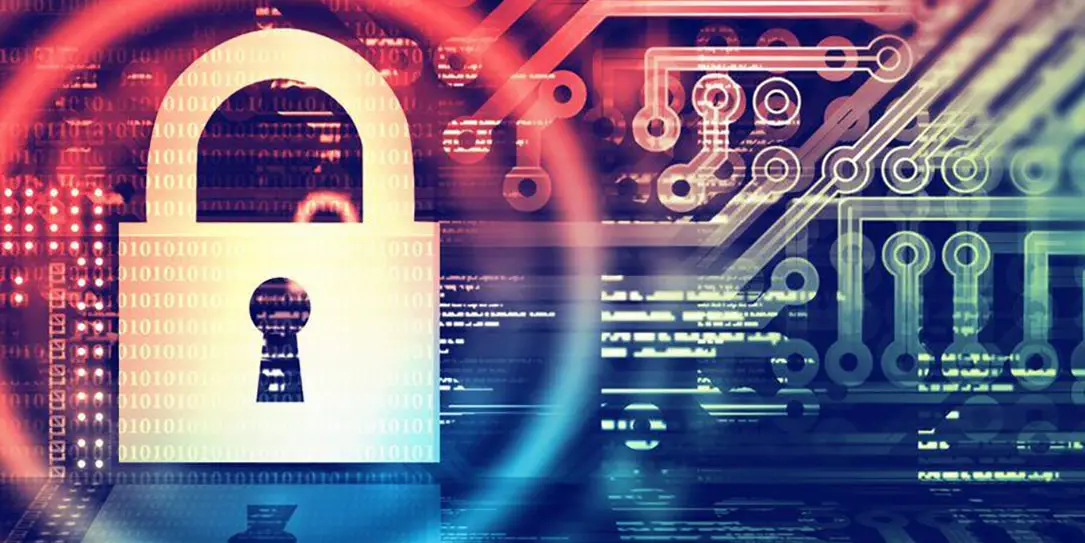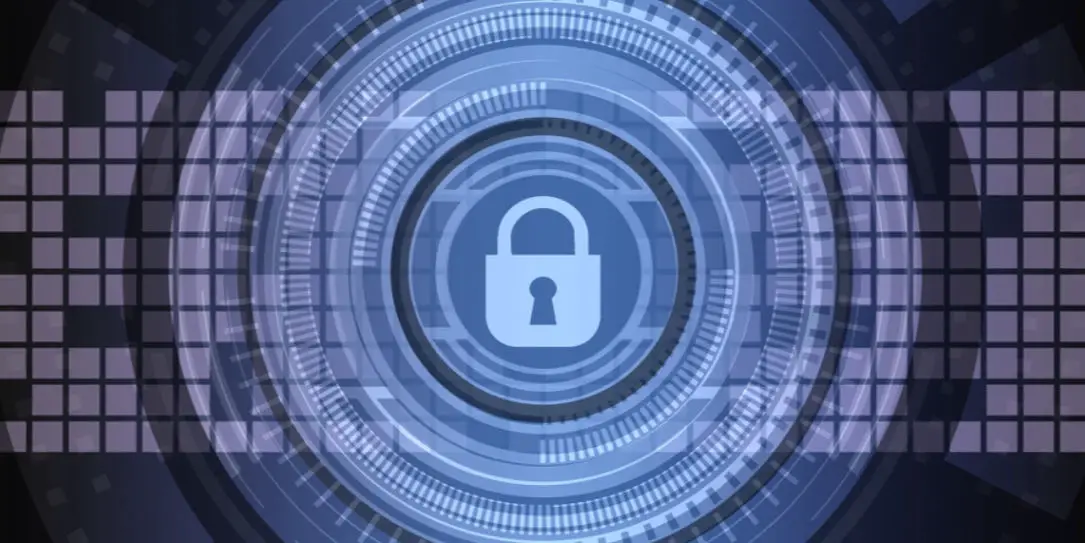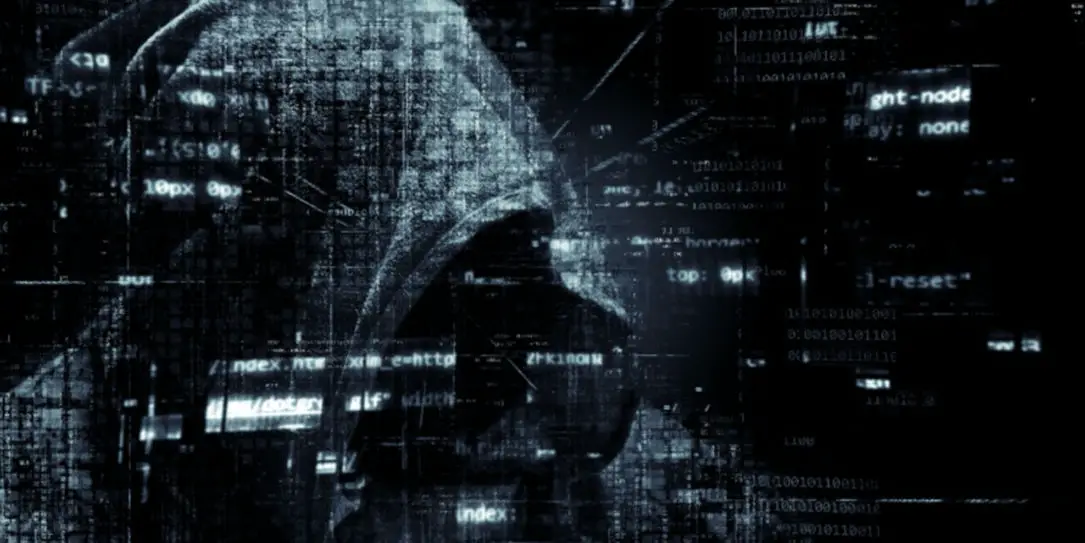Approximately 3.5 billion people’s data safety was compromised in the top two of the 15 world’s largest data breaches. That’s almost half the population on earth. You might easily be one of the 3.5 billion people whose data is out there with hackers, scammers, and fake companies, making you vulnerable to phishing attacks, email and SMS scams, cyber frauds, and more. Maybe you need some cybersecurity tips?
Such data breaches are eye-openers for everyone. Cybersecurity is not just another organizational best practice. If you are surfing the internet, use social media, and share your life online in any way, then it’s time that you pay attention to what’s happening with your data and takes the necessary steps to improve your cybersecurity.
To protect yourself from any data breaches, cyber-attacks, and cyber frauds, here are the top 8 personal cybersecurity tips.
8 Personal Cybersecurity Tips
Keep All Your Apps And Software Updated
One of the easiest ways hackers can attack any device is through outdated software, operating systems, and applications. Such outdated software has bugs, errors, and other vulnerabilities which can easily be exploited by malware or ransomware attacks. Software updates usually have bug fixes and updated security patches to mitigate such attacks.
Keeping your apps and software updated is becoming more crucial since new cyber threats and vulnerabilities are emerging every day.
Here are some precautionary steps you can take to keep everything updated:
- Switch on auto-updates for operating systems and apps for all of your devices
- Check every fortnight for the updates of plugins and extensions of your web browser
- Check if your web browser uses automatic security updates
- Check your privacy settings after every update since new updates can reset settings to default
Secure Your Mobile Devices

For most of our activities, purchase, transactions, and emails, we access our mobile devices. They are literally the extension of ourselves. So, needless to say, they contain more private and important information that we can’t afford to lose.
If you are not using your mobile devices securely or practicing basic security measures, then it’s time you paid attention.
To get started, here are some ways you can secure your mobile phone:
- Use strong passwords – refrain from using your birth date or bank pin
- Don’t download apps from the internet – download apps verified by Play Protect (Google Play Store) and iOS App Store only
- Always update your operating system – don’t wait more than a day or two to install the update. You can and should wait for reviews and feedback from people who’ve gotten the beta versions or recently updated their OS but don’t wait too long.
- Refrain from sending Personal Identifiable Information like your social security number, bank details, passwords, etc. on messaging apps — this is crucial now more than ever since the announcement of WhatsApp’s security threats.
Always Authenticate

Choose authentication over convenience. We know it can be frustrating to do a two-step authentication for every transaction, login, or change, but would you rather secure your data and money than save a few minutes or experience a minor inconvenience?
Securing your data and money, right?
Two-step or multi-step authentication provides additional layers of security over basic password protection. Even if your password gets compromised, you’ll have to authenticate logins or transactions.
Pro Tip: Try to not use SMS authentication as the second-step in verification since it’s easy for hackers to attack phone networks compromising data and your phone’s security, according to the National Institute of Standard & Technology (NIST).
Secure Your Personal Identifiable Information (PII)
Personal Identifiable Information (PII) comprises your email address, name, home/work address, birthdate, social security numbers, IP address, etc., basically anything that can identify or locate you.
To make sure you are safe from any digital or physical danger, review all the privacy settings of your social media accounts especially Facebook. If you’ve added your birthdate, home address, phone number, etc., then make sure they are not shared with everyone.
Try to share as minimum details as possible in the “always-on” world of social media and the internet.
Strong Passwords, Stronger Security

Along with hardware and software, applications Microsoft files need to be secured through passwords. Ordinary excel files containing many valuable data are easily compromised if not locked with a strong password. Passwords can be set using the protect sheet function of the file.
For this, the key recommendation is not to use a familiar password. It has already been used for 10 other websites, apps, and devices, instead rely on the ‘recommended password’ feature to set strong passwords using a combination of characters, letters, and numbers. Using strong passwords is the first and foremost precautionary and protection step.
Here are some tips for basic password hygiene:
- Never use the same password twice
- Don’t leave password hints, at least not when they’ll be publicly available
- Change passwords of main apps, websites, and devices, which you frequently use, at least once a year
- Use a secure password management tool for securely managing your passwords at one place
- To create strong passwords: use lowercase and uppercase letters, one number, and at least 4 symbols except for @#$&_
Avoid Accessing Public Wi-Fi

Public Wi-Fis are, well, public. They are accessible to everyone including hackers and scammers. So, it’s in your best interest to not use public wi-fi. Instead, use your cell network to access the internet if needed.
But if you do want to access public wi-fi, then make sure you are using VPN. It encrypts all your data — so even if someone’s trying or accessing your data, they’ll get encrypted data. Needless to say, it’s not a fool-proof plan. So, here are some additional safety measures you can and should take while using public wi-fi.
Equip Yourself With Cybersecurity Trends
Read, read, and read — about the cybersecurity trends, novel ways cybercriminals are attacking organizations and individuals, safety measures you can take, etc. For example, phishing is among the most common cyber threats, but cybercriminals are developing advanced phishing kits that can help them commit financial fraud.
Make sure you are keeping yourself abreast of the emerging cyber threats and attacks so you can take precautionary measures to keep your digital space safe.
Invest In Anti-Malware And Anti-Virus Software
Precautionary and protection measures are sometimes not enough to save yourself and your data from the intricate cyber-attacks. So, besides following all the above-mentioned tips, invest in an anti-malware and anti-virus solution for your devices. Norton 360, McAfee, etc. usually cover all the devices and they update their software frequently to fight against the updated and advanced cyber threats.
Wrap Up
Did you know that 24% of security breaches result from silly individual mistakes, like using a single password for everything or not opting for two-step authentication? So, to not become just another statistic in cyberattacks, educate yourself and create awareness among your groups regarding this topic.
What do you think of these cybersecurity tips? Do you have any cybersecurity tips to share? Let us know what you think on our MeWe page by joining the MeWe social network or commenting on our other social media pages.










